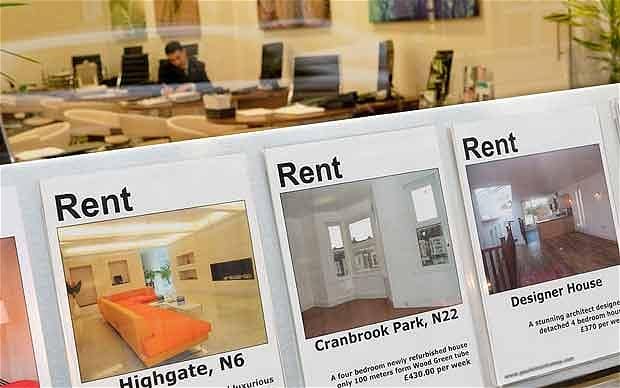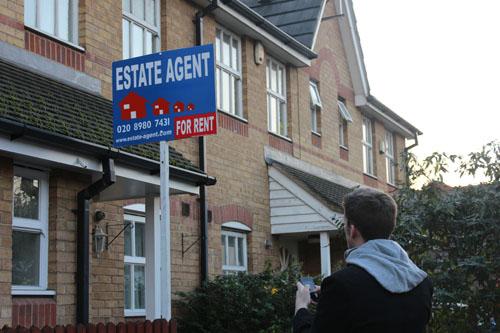 A new study has shown that 31 per cent of renters in cannot imagine ever owning their own home.
A new study has shown that 31 per cent of renters in cannot imagine ever owning their own home.
The research, commissioned by GoCompare Mortgages, also revealed that more than a fifth (21 per cent) of renters think that the removal of mortgage interest tax relief on buy-to-let properties, which came into force in April 2017, will reduce the supply of rented properties in their area.
Some of the tenants surveyed were also concerned that they will face rent hikes as buy-to-let landlords pass on the higher costs. Six per cent said that their landlord had already or will increase the rent as a direct result of the tax changes.
Unsurprisingly, affordability and access to mortgage loans were found to be the main reasons why many Brits rent. Just 14 per cent of tenants surveyed said that they rent out of preference. Half of the other respondents claim that they rent because they can’t afford to buy their own home and 11 per cent were renting because they were currently unable to obtain a mortgage.
In terms of demographics, the survey found that more women (57 per cent) rent than men (43 per cent); 39 per cent of rented properties were single households, 28 per cent were families with children and 23 per cent were couples. One in ten of people surveyed share their home with flat or housemates.
Analysis
Commenting on the research, Matt Sanders from GoCompare Mortgages said: “Our research reveals that half of all tenants are in rental accommodation because they can’t afford to buy their own home. It now looks like many have given up all hope of ever owning a home and, for some, the changes to buy-to-let regulations are likely to make renting more expensive. In turn, that makes saving for a mortgage even harder.
“April saw profound changes to the taxation of buy-to-let properties which will reduce landlords’ profits and our survey suggests that there is a real concern among tenants that to protect their profits, over time some landlords will increase rents while others may sell-up – reducing the stock of available private rented homes.”
Worries about increased landlord costs due to elimination of mortgage-interest relief being passed to tenants through higher rents may be borne out by new statistics which show that 30 per cent of landlords have increased rents in response to buy-to-let tax changes.
The Renters Alliance helps renters with bad landlords and letting agents. If you have a story you would like to share, please contact the National Renters Alliance through our website or email us at contact@nralliance.co.uk








